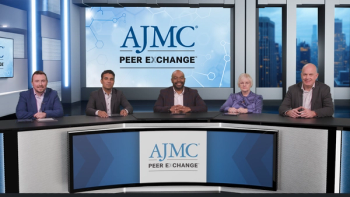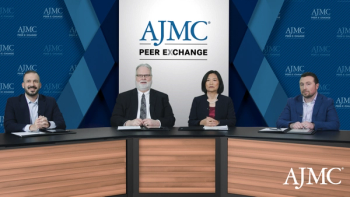
Panelists discuss how subcutaneous (SubQ) and intravenous (IV) oncology therapies will continue to coexist, with patient-specific factors guiding delivery method choices, while ongoing innovation and collaboration drive the growing integration of SubQ formulations as a convenient and adaptable option in cancer care.




